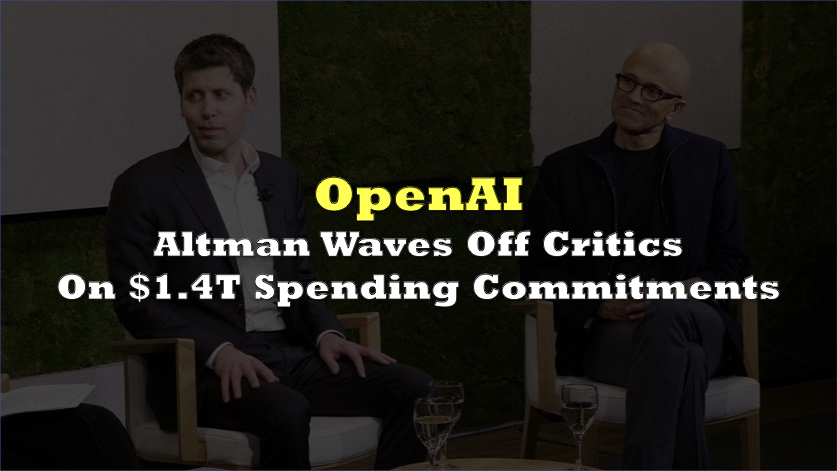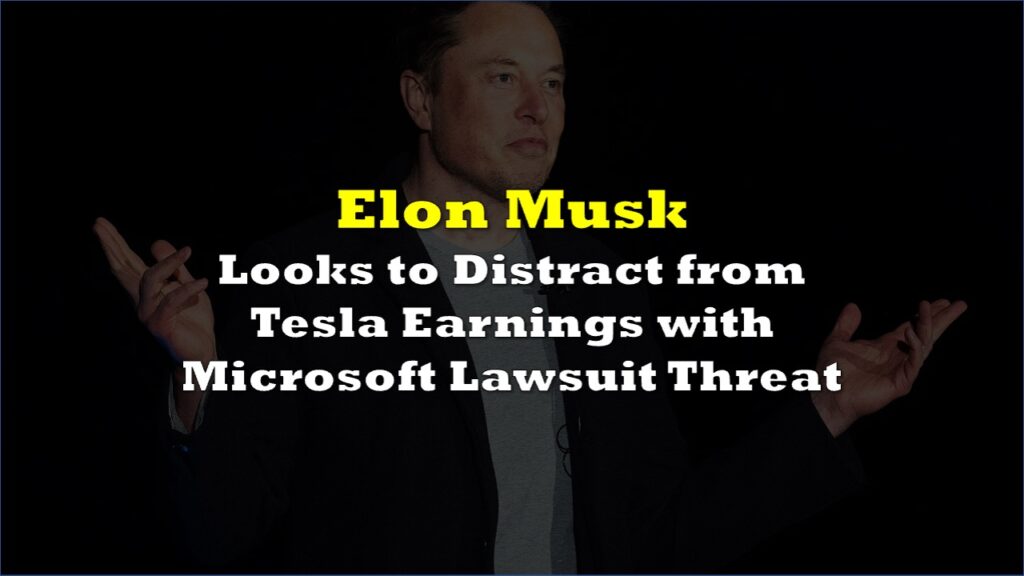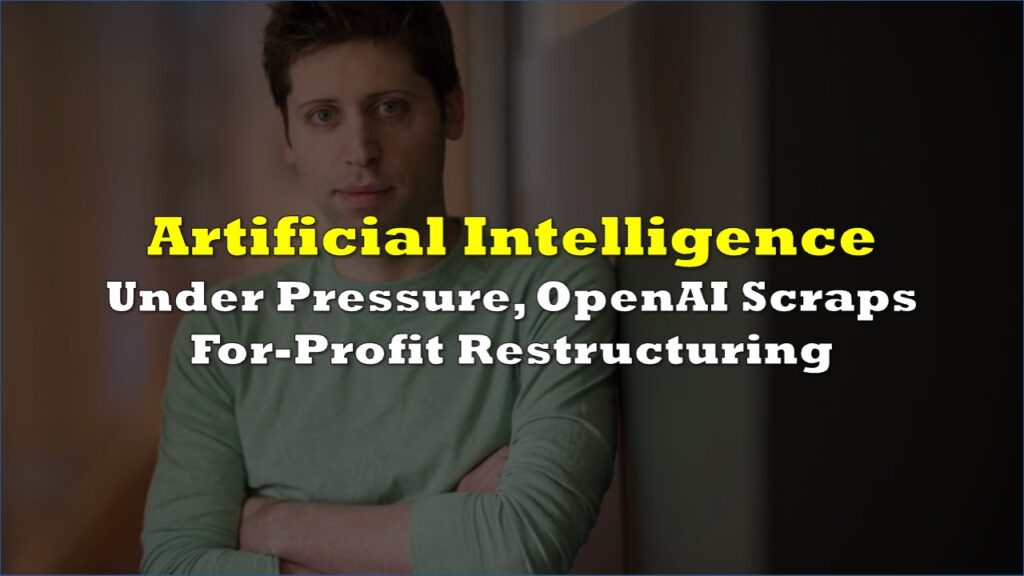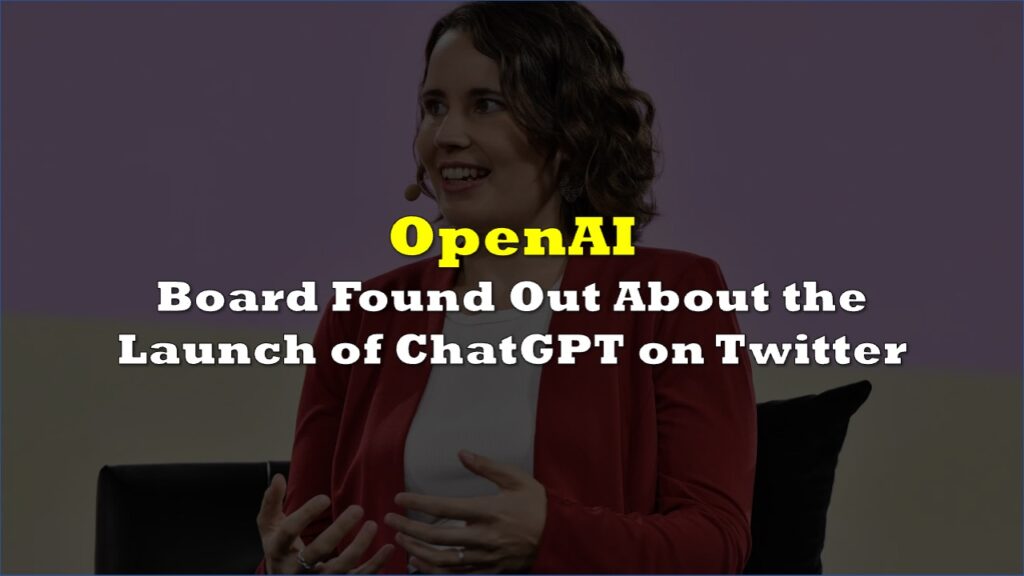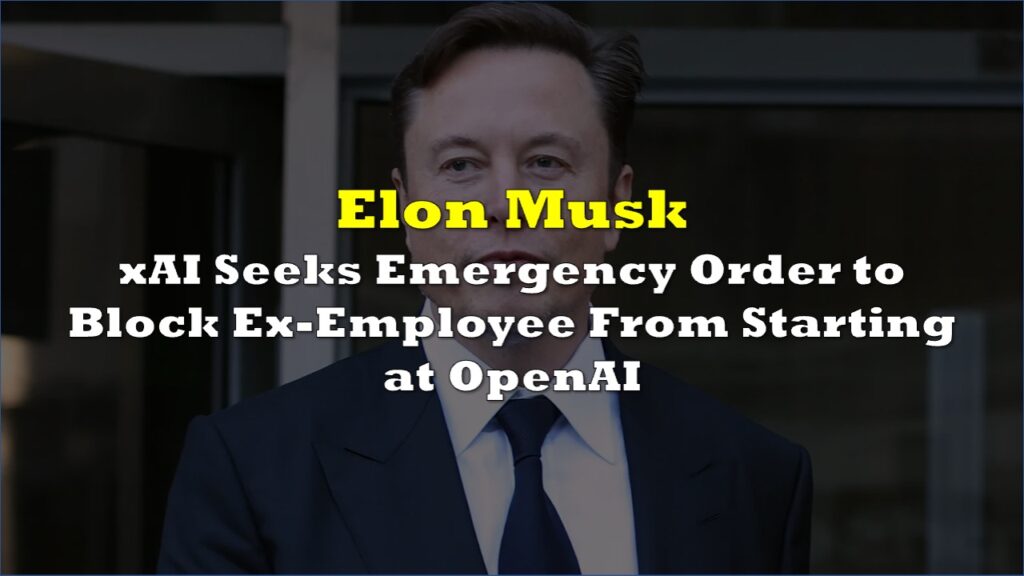OpenAI’s Sam Altman faced a direct question about how a company tied to $13 billion in funding can support $1.4 trillion in spend commitments. He instead challenged skeptics to sell their shares and ended his appearance on the interview minutes after.
“How can the company with $13 billion in revenues make $1.4 trillion of spend commitments,” host Brad Gerstner asked in the Bg2 podcast with guests Altman and Microsoft CEO Satya Nadella, noting the widespread criticism of the gap between resources and goals.
Altman replied that OpenAI is doing “well more revenue than that” and pivoted to an offer to Gerstner—and essentially, shareholders: “If you want to sell your shares, I’ll find you a buyer.”
He added that many critics who “talk with a lot of breathless concern about our compute stuff or whatever” would also be thrilled to buy shares, and noted he would welcome short sellers if OpenAI were public.
He conceded that execution could falter if compute access falls short, but maintained that revenue is rising quickly.
Altman further emphasized conviction on continued ChatGPT expansion, an emerging role as an “important AI cloud,” a consumer device effort that matters at scale, and research that automates science to unlock value.
Nadella added that OpenAI has outperformed every plan it presented to Microsoft as an investor. When Gerstner floated a path to $100 billion in revenue by 2028 or 2029, Altman countered with “how about [2027]?”
Altman also denied any specific timeline for an IPO, saying there is no date or board decision, only the expectation that a listing will likely happen someday.
Minutes later, Altman excused himself from the interview, leaving Nadella and Gerstner.
Gerstner later reiterated that he is “a buyer, not a seller” but explained why the question matters. He said insiders may have conviction after thousands of hours studying the space, yet the broader market sees “overly ambitious” plans without the financing detail to match.
“Frankly, they look at some things that appear overly ambitious, right, and get worried about whether or not we can pull those things of,” he said after.
Apparently, if you ask @sama how his $13 billion money-losing for profit not-for-profit can support $1.4 TRILLION of spend commitments, he gets very defensive and starts to attack non-existent short sellers.
— Compound248 💰 (@compound248) November 1, 2025
I cannot wait for @OpenAI to be a public company. pic.twitter.com/DTPVJJf86x
Commentary that followed questioned OpenAI’s cost position and leverage with suppliers. One investor argued that OpenAI’s unit economics “exist at Google’s discretion,” implying Alphabet’s pricing power could compress margins for foundational model competitors. Alphabet can set aggressive token pricing, as the commenter framed it, forcing rivals to fund losses or dilute equity.
Information for this briefing was found via TechCrunch and the sources mentioned. The author has no securities or affiliations related to this organization. Not a recommendation to buy or sell. Always do additional research and consult a professional before purchasing a security. The author holds no licenses.

